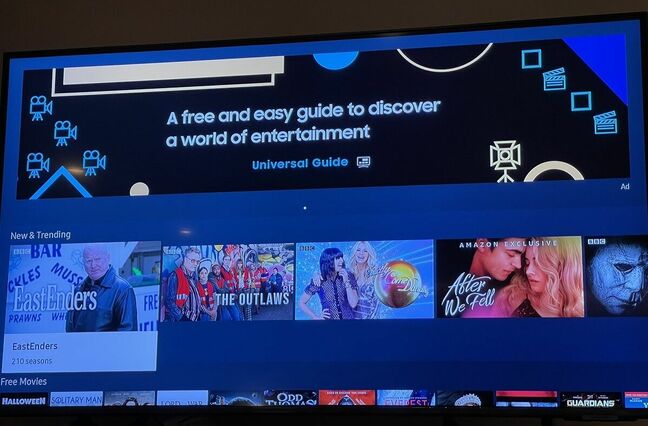Aleksandr Zhukov, a Russian national and the self-proclaimed “king of fraud,” this week received a 10-year prison sentence for carrying out a $7m digital ad fraud scheme.
Zhukov was convicted in May of multiple counts of fraud and money laundering. He was arrested in Bulgaria in 2018 and extradited to America the following year.
“Sitting at his computer keyboard in Bulgaria and Russia, Zhukov boldly devised and carried out an elaborate multi-million-dollar fraud against the digital advertising industry, and victimized thousands of companies across the United States,” said Breon Peace, US Attorney for the Eastern District of New York, in a statement.
Starting around 2014, according to court documents, Zhukov and co-conspirators launched a fraudulent ad business called Media Methane that took payment from ad networks to present ads online to internet users.
“Rather than place these advertisements on real publishers’ webpages as promised, however, Zhukov and others rented thousands of computer servers located at commercial data centers in the United States and elsewhere, and used those data center computer servers to simulate humans viewing ads on fabricated webpages,” the US government’s indictment [PDF] says.
Zhukov and his associates – seven individuals who are being prosecuted separately – are said to have rented more than 2,000 servers in data centers in Dallas, Texas, and in Amsterdam, the Netherlands. Media Methane allegedly offered ad space on fabricated web pages to ad buyers who would bid for the space. But the company showed those ads to an audience of bots.
The bots – computer programs – are said to have been designed to interact with the fake web pages so as to simulate realistic mouse movements and webpage interactions like viewing videos on social media sites. They were trained to bypass CAPTCHA puzzles, to accept cookies, and to fake being signed-in to social media services. Their code, the indictment claims, managed to avoid the fraud detection software used by several US cybersecurity firms.
To make the fraud more believable, Zhukov is said to have leased more than 765,000 IP addresses from IP address leasing companies, which he then assigned to data-center servers and entered into a global registry of IP addresses. By falsely registering IP addresses in the names of companies like Comcast and Time Warner Cable, Zhukov made it appear that the addresses belonged to residential US internet subscribers of those services. Some 6,000 domains are said to have been spoofed in this manner.
The companies victimized by this scheme, said to have netted more than $7m, include The New York Times, The New York Post, Comcast, Nestle Purina, the Texas Scottish Rite Hospital for Children, and Time Warner Cable.
According to the government, Zhukov hired various developers to help him carry out his fraud scheme and he referred to himself as the “king of fraud.” The Feds claim he personally took in more than $4.8m through the ad fraud scheme, though Zhukov’s attorneys are currently trying to convince the judge that only about $1m should be subject to forfeiture.
Criminal ad fraud prosecutions have been relatively rare. Among the more notable cases are a 2011 click fraud case against six Estonian nationals and one Russian national, another from 2017, and a medical ad fraud case from 2019.





